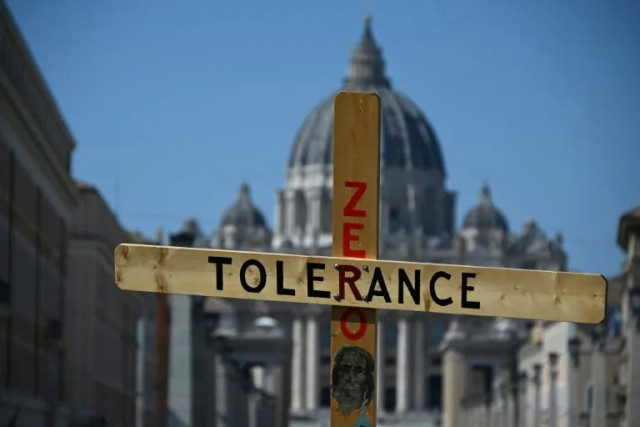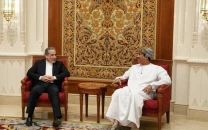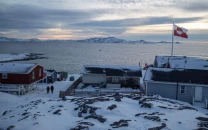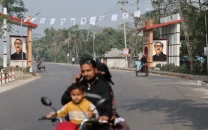'Church must act faster against abusive priests'
.

The Catholic Church must make it easier to remove priests who have abused minors while giving victims "access to the truth", a papal commission at the Vatican said Tuesday in its inaugural report on protecting children.
The detailed global report from the Pontifical Commission for the Protection of Minors was the first since the body was set up by Pope Francis in 2014 to try to tackle widespread abuse within the Church.
While not an audit of sex abuse cases, the 50-page document sought to identify shortfalls and promote effective policies across the breadth of the Church to protect children and vulnerable adults.
The commission's head, Cardinal Sean O'Malley, told a press conference Tuesday that the Church was emerging from a "dark period" in which "leaders tragically failed those we are called to shepherd."
Acknowledging that effecting change within the institution was an "uphill climb", he said a transition had begun "where accountability, care, and concern for victims is beginning to bring light to the darkness."
Abuse scandals have rocked the church around the world and the decade-old commission has faced criticism itself over its role and organisation, with several top members having quit in frustration, citing obstacles.
In 2022, Francis incorporated it into the Roman Curia -- the government of the Holy See -- asking for an annual account of what was being done "and what needs to change".
Commission member Juan Carlos Cruz, an abuse survivor, thanked "survivors known and those unknown" as well as "those who tragically are not with us today.
"Many have committed suicide or left this world without any hope. To them this day is important," said Cruz, adding that the report was important for its inclusion of formerly taboo words like "trust, justice, reparations".
Progress on protecting children and vulnerable adults varied dramatically around the world, however, the report found.
In some regions, clerical abuse was not yet a "publicised issue", while safeguarding resources were "inadequate" in parts of Central and South America, Africa and Asia. It cited as an example Papua New Guinea, where medical kits to prove rape are prohibitively expensive.



















COMMENTS
Comments are moderated and generally will be posted if they are on-topic and not abusive.
For more information, please see our Comments FAQ